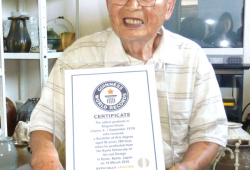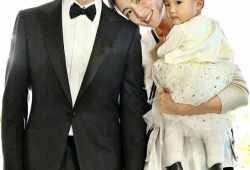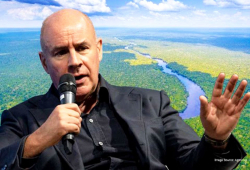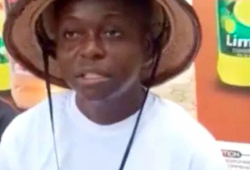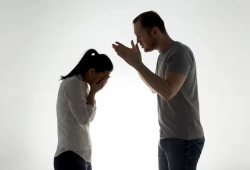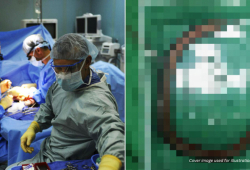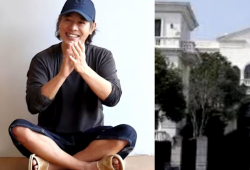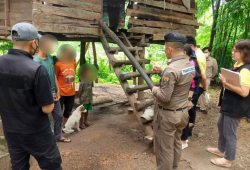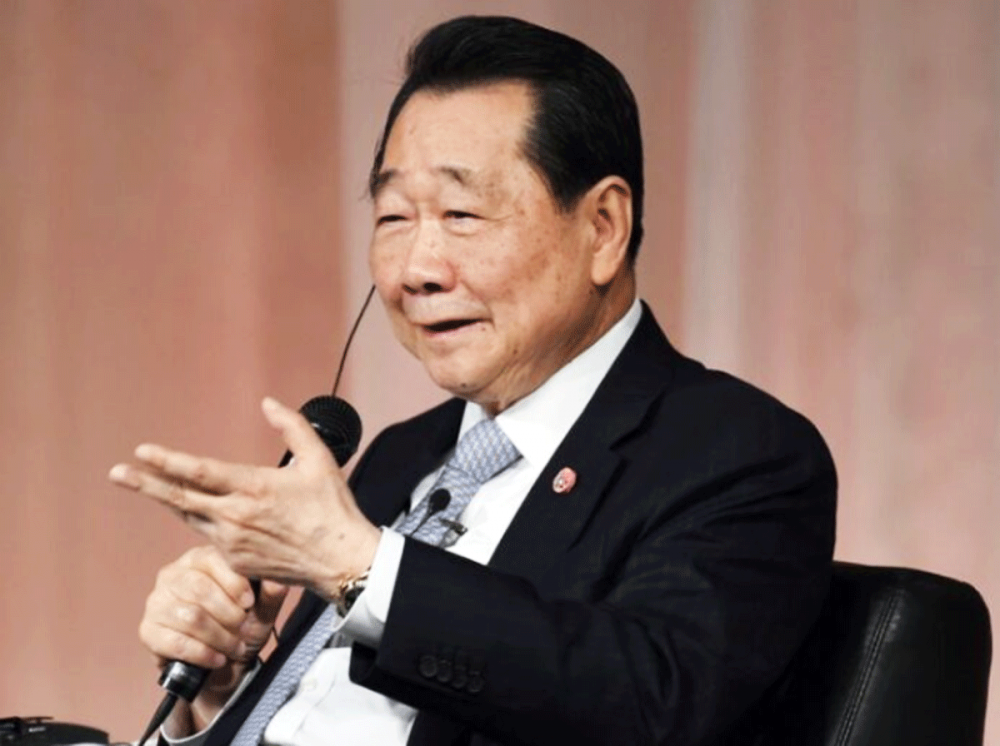
Foreign Property News | Posted by Zarni Kyaw
(The building where I was born is now the headquarters of our group's seed operations.)
I was born in Chinatown in the old part of Bangkok in 1939, near Yaowarat Road, a wide thoroughfare that is now a well-known tourist spot.
My father had opened a seed shop, Chia Tai, along the banks of the Chao Phraya river, which flows alongside the road.
The distance from the storefront to the riverside wharf is only 200 or 300 meters.
Before the days of automobiles, the Chao Phraya was a major artery of the Bangkok economy, with merchants and farmers taking boats up and down it.
In front of the wharf was a bustling farmers market.
When the farmers there had finished selling their produce, they were in the habit of stopping at the Chai Tai storefront to purchase seeds on their way home.
The family home
My father had married in his hometown of Chaozhou, in China's Guangdong Province, and when his business in Bangkok got on track, he brought my mother to Thailand.
He set up his home and business headquarters in a three-story building across the street from his shop.
The first floor housed the office and a warehouse, and the second and third floors were the living quarters. On the rooftop, he dried his vegetable seeds.
I was born on the third floor. The second floor was used by the family of my uncle, Chia Siew Whooy.
Large steel cans filled with seeds stood in rows on the first floor -- because the seeds could not be too dry or too damp, they were sealed in cans and carefully stored.
As a child, I was forbidden from going near the office and had to play out back.
Three people worked in the office.
One was a Briton, Alexander Campbell, who did such work as translating letters from overseas and drafting trade documents. He had a special room, larger than even my father's office, for receiving visitors.
There was also a Thai employee who spoke English.
The surrounding scenery has not changed much since my childhood.
The seed shop continues to operate as a member of the CP Group, and the building in which I was born still serves as the headquarters of our group's seed operations.
Across the street, you can still buy vegetable seeds at the original store.
Moreover, the neighboring shops where my older brother started a feed business are still standing as well.
Amazing acceptance
As there were no automobiles yet, the town was quiet. Many people who migrated to Bangkok from Chaozhou opened restaurants serving Chinese cuisine.
Others set up shops selling tea and other products from China. Even today, the signboards throughout the neighborhood are written in Chinese characters.
Walking along the streets, it is easy to forget you're in Thailand. My entire family spoke the Teochew dialect of Chaozhou.
In Chinatown in those days, it was possible to conduct business without speaking a word of Thai, because one's customers and business partners were all from Chaozhou.
Indeed, it was often said that it would be impossible to do business if one did not speak Teochew.
Thai society was so broad-minded and accepting of immigrants that there could exist a whole town made up of people from Chaozhou.
This is no small thing. In many other countries in Southeast Asia, Chinese immigrants were ostracized or persecuted.
Such tragedies did not occur in Thailand.
Perhaps that has something to do with the fact that many Thais practice Buddhism, a religion that encourages tolerance and benevolence.
During my childhood, Bangkok was indeed peaceful, but looking beyond Thailand, one could see the flames of war starting to spread.
Japan, which was at war with China, gradually expanded the battle lines to include Southeast Asia.
This was the beginning of the Pacific War, a conflict that would cast a shadow over my father's business after years of smooth sailing.
Dhanin Chearavanont is chairman of the Charoen Pokphand Group.
Ref; Chinatown, born and raised (asia.nikkei)
